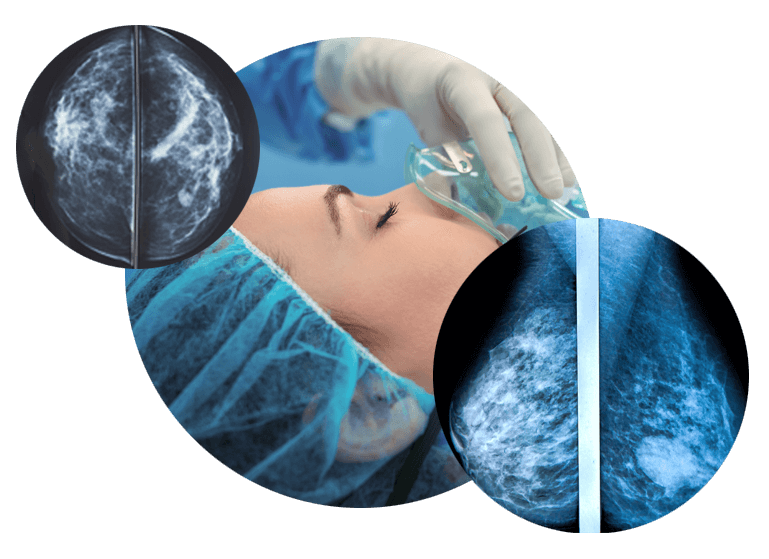Lymphedema After Breast Cancer Treatment
The body has a network of vessels called the called the “lymphatic system” that carries a clear fluid called “lymph”. The lymphatic system is similar to the system of blood vessels. But instead of blood, the lymphatic system carries lymph, which contains infection-fighting cells. Lymphedema happens when the flow of lymph through the lymphatic system gets backed up. This can happen after cancer treatment, and can be a common problem in patients treated for breast cancer.
What are the symptoms of lymphedema?
The most common symptoms of lymphedema are:
- Swelling in your fingers, hand, or arm
- Aching pain
- Tight or heavy feeling in your arm
- Trouble moving your arm
The symptoms can come on slowly. It might be weeks, months, or even years after your cancer treatment before you have symptoms of lymphedema.
Is there a test for lymphedema?
No, there is no test. Your doctor or nurse can figure out if you have lymphedema by talking to you about your symptoms and doing an exam. An important part of the exam will be to measure the length around your arm (called your arm circumference).
Is there anything I can do on my own to feel better?
Yes. It is very important to avoid injury or infections of your affected arm. There are also actions you can take to help prevent more swelling.
To avoid injury:
- Keep your skin clean. Wash with a mild soap every day.
- Be careful with your nails. Don’t pick at the skin around your nails or cut your cuticles.
- Use lotion to keep your skin from getting dry and cracked.
- Use an electric razor instead of a manual razor to shave under your arms.
- Always use sunscreen when you go outside.
Wear gloves when gardening, cooking, or doing other things that could hurt your skin. - If you do get a small cut, scrape, or bite on your arm or hand, clean it well with soap and water. Then use an antibiotic cream, such as bacitracin. Call your doctor or nurse if it does not heal quickly or if you have signs of an infection.
- Do not have shots, blood draws, IV lines, or acupuncture in your affected arm.
- Avoid having your blood pressure taken on your affected arm.
To prevent swelling:
- Wear loose fitting clothes and jewellery. You don’t want to wear anything tight on your affected hand or arm, unless it is a special garment or bandage your doctor or nurse gives you.
- If you use a purse, carry it on your non-affected arm.
- Avoid saunas, steam baths, and hot tubs. Heat can cause more swelling.
- Keep your weight under control. Being too heavy can make your lymphedema worse.
- Do not let your arm hang at your side for long periods of time (more than 15 minutes) without moving it.
- Keep your arm raised on pillows when you’re sitting down.
Should I see a doctor or nurse?
You should call your doctor or nurse if you have:
- Increased swelling of your hand or arm
- Redness or a rash on your arm
- Your arm feels warm to the touch
- You have a fever higher than 38°C (100.4°F) that is not due to a cold or other illness.
How is lymphedema treated?
There is no cure for lymphedema. But there are treatments that can help reduce the swelling and make you more comfortable. These treatments work best if you start them early, so see a doctor or nurse as soon as you notice any swelling. It is best to go to clinics that have people who have experience treating lymphedema.
Treatments can include:
- Exercise – Doctors used to think that people with lymphedema needed to avoid exercising the affected arm. Now research shows that exercise can actually help with the condition.
- During exercise, people with lymphedema should always wear a compression bandage or sleeve (see below).
- Compression bandaging – Compression bandaging is a special kind of bandaging that puts gentle, steady pressure on the swollen area. This helps keep the swelling down.
- Compression “sleeves” – Compression sleeves work a lot like compression bandaging. They put gentle, steady pressure on the affected arm to keep swelling down.
- Manual lymphatic drainage – For this treatment, a physical therapist massages your arm in a special way to help move the fluid that has built up.
Can lymphedema be prevented?
Lymphedema cannot always be prevented, but if you treat it early, you might be able to keep it from becoming too severe.

